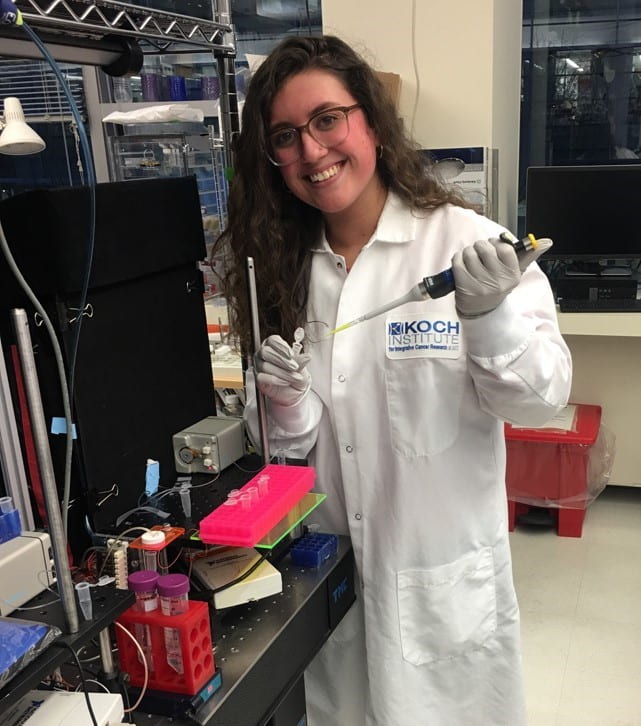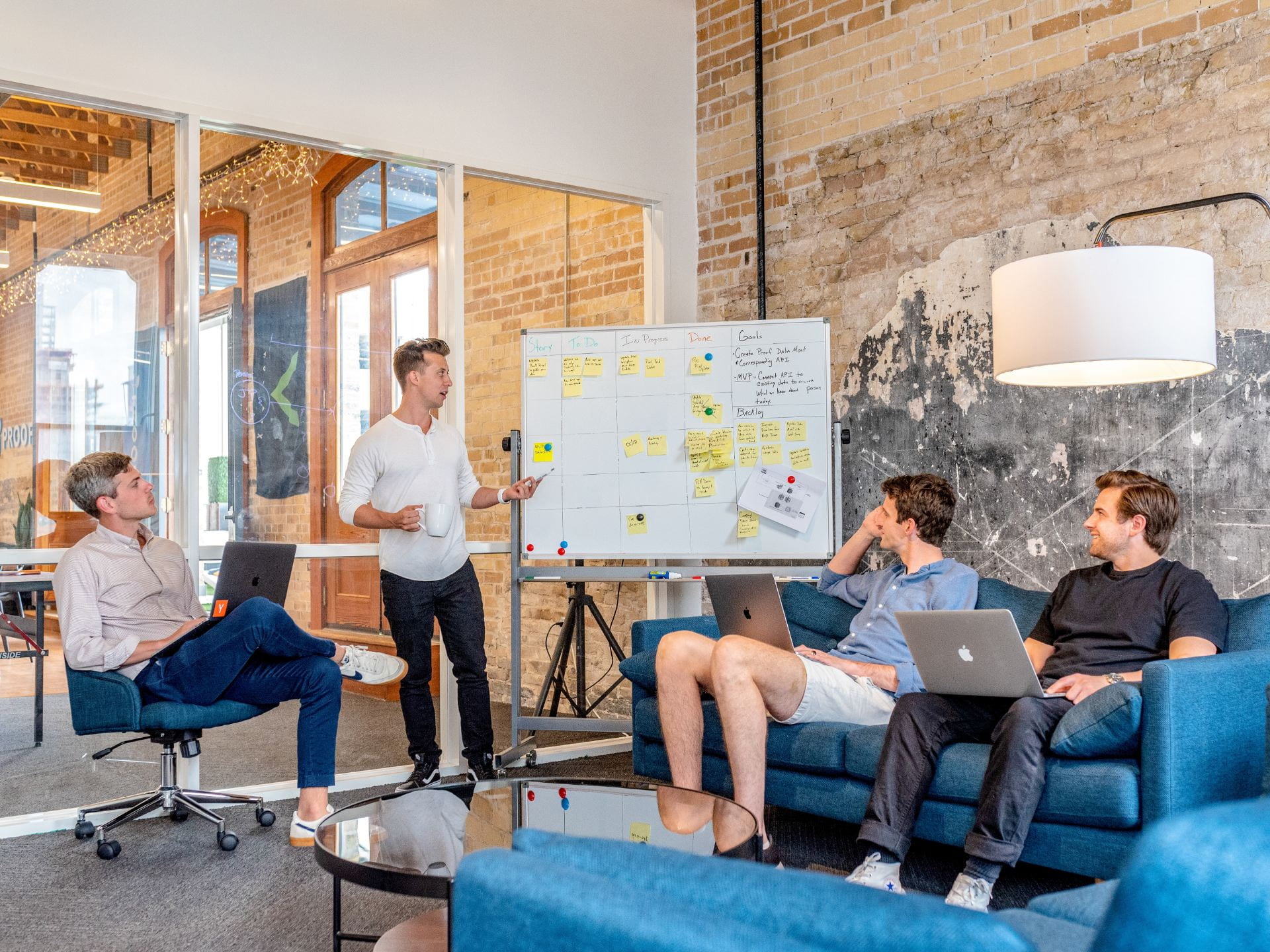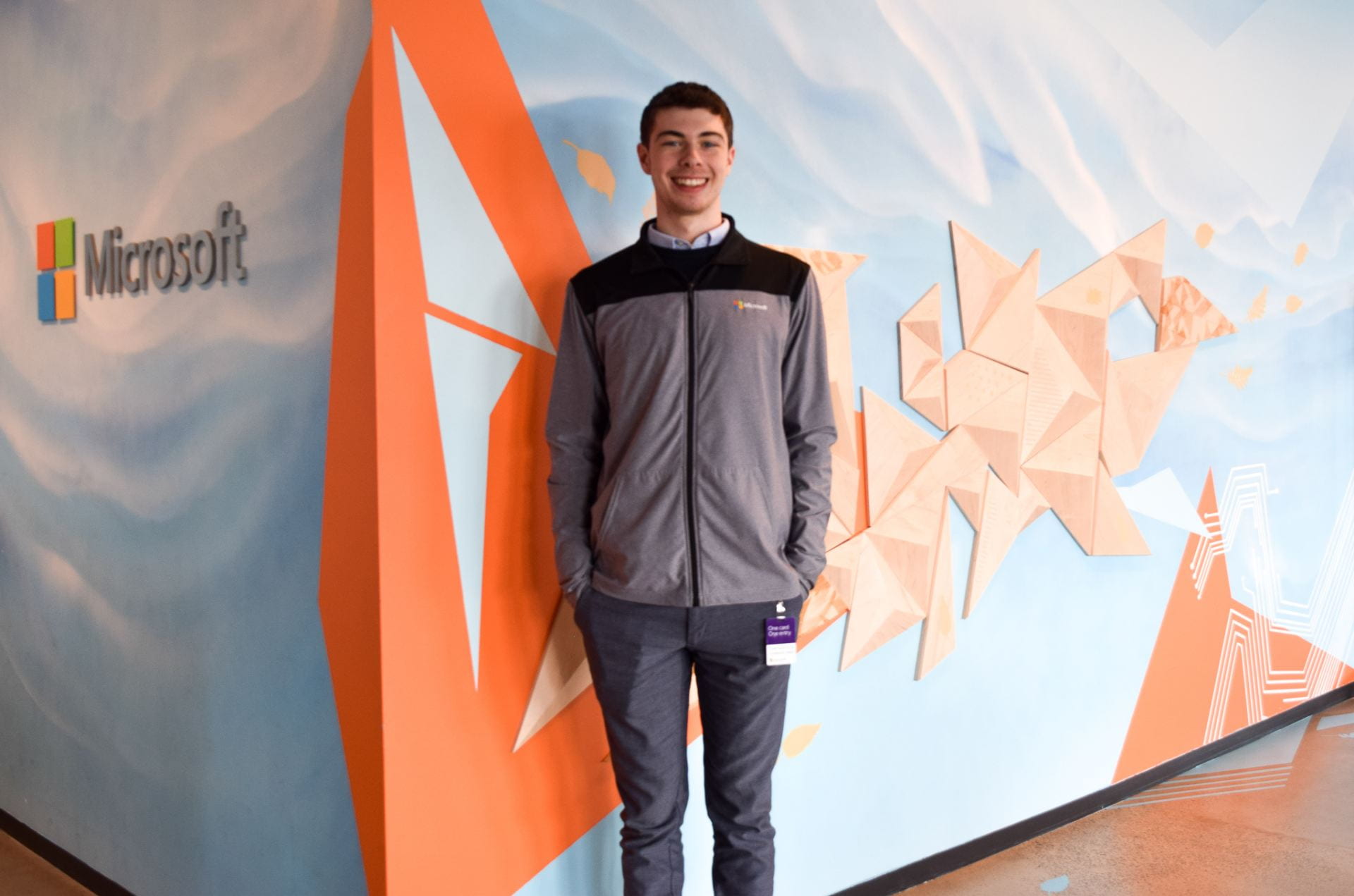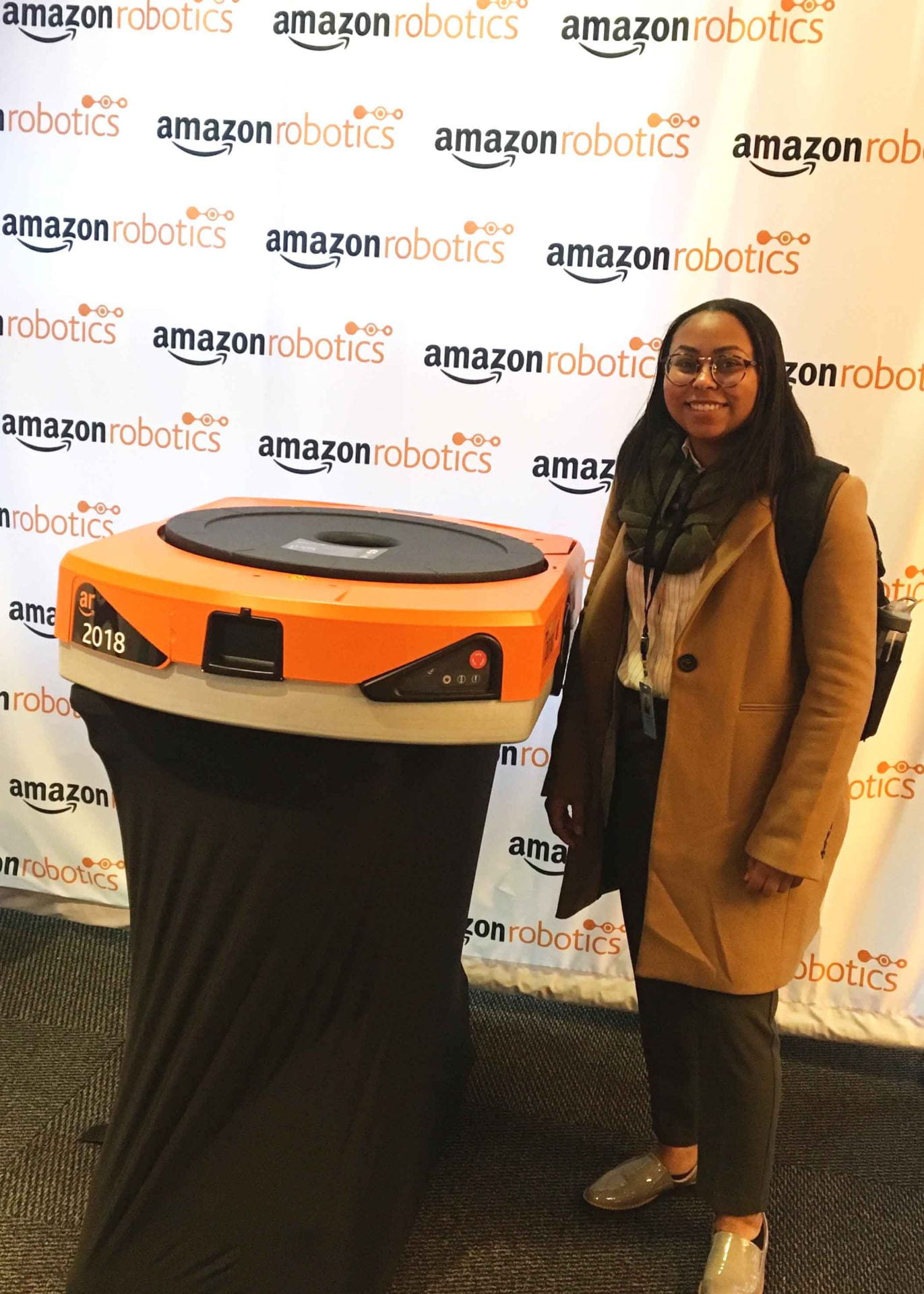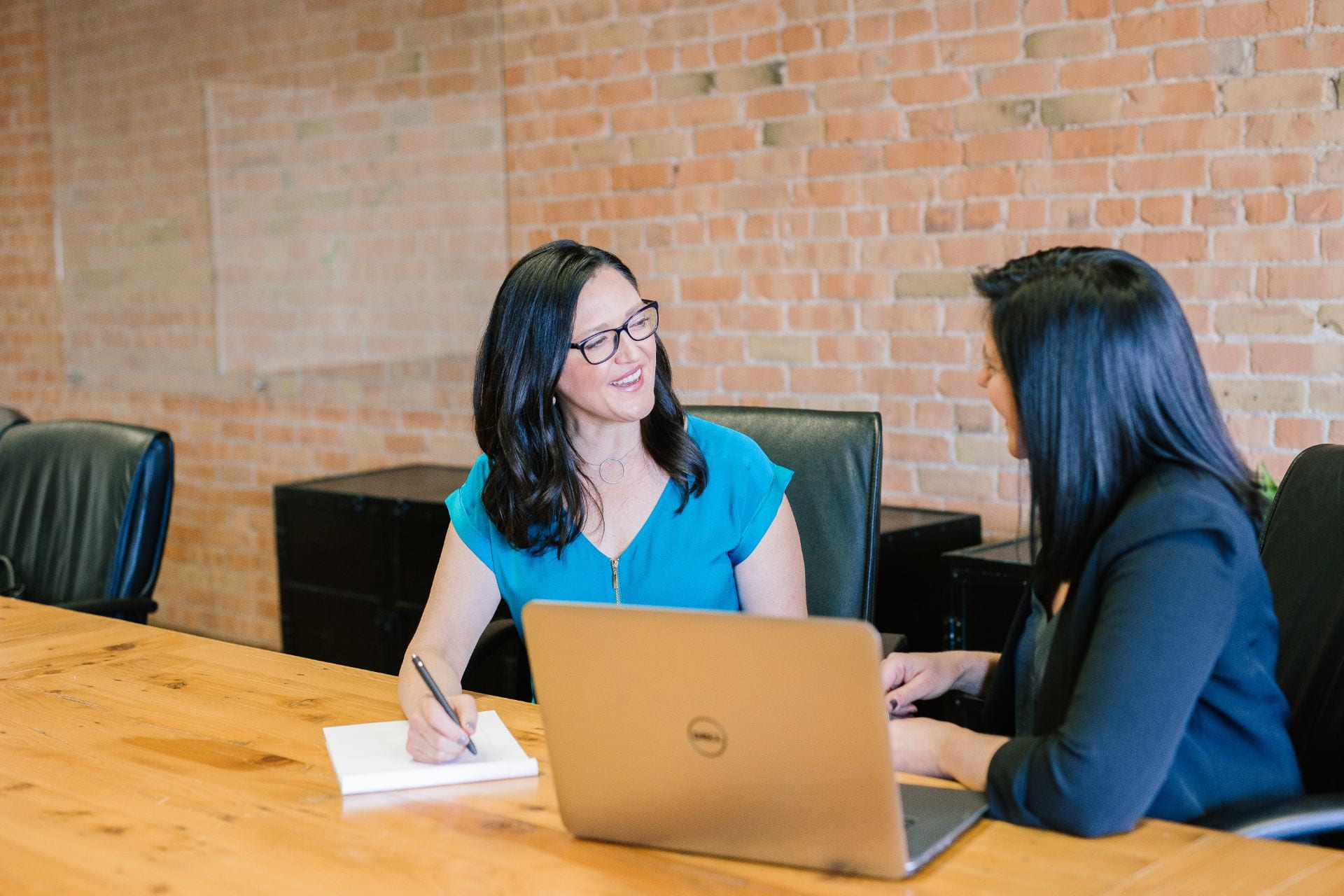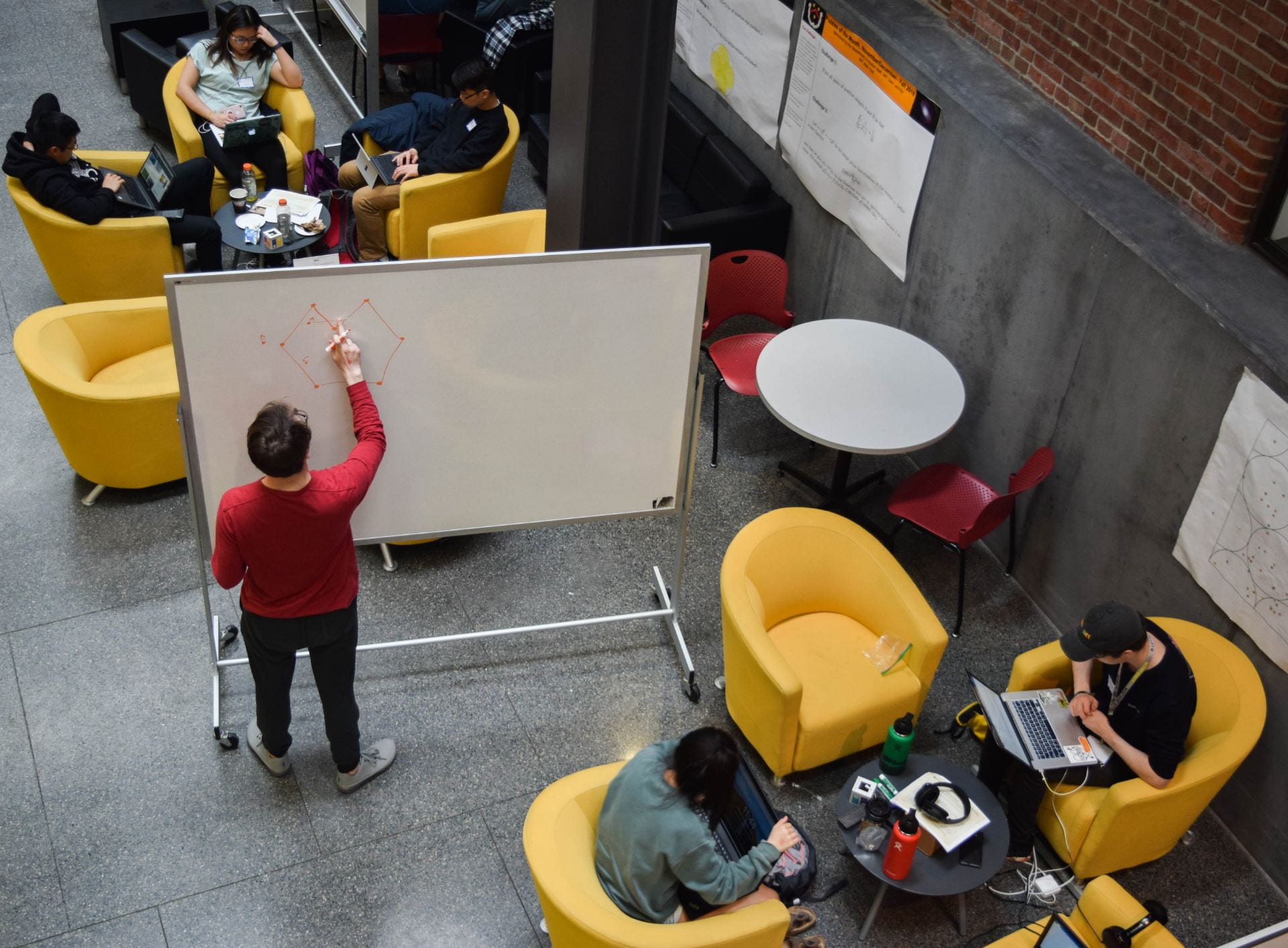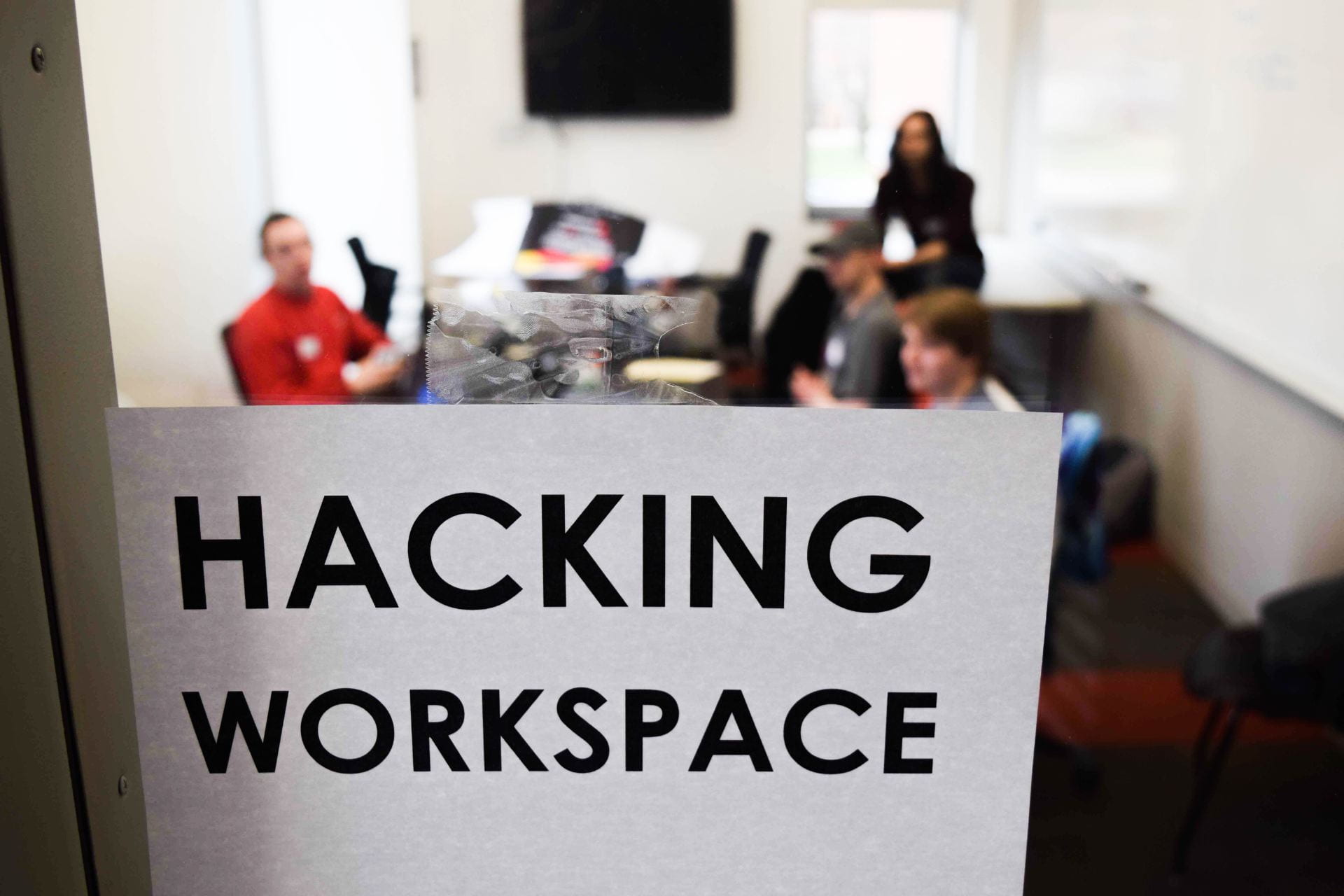By: Will Ma

Tell us a little about yourself.
My name is Dahnaya Joyner and right now I am a Web Developer. I graduated from Wentworth Institute of Technology with a degree in Computer Engineering Technology in 2017. I have always been interested in engineering and technology. Computer Engineering Technology is solely hardware-based engineering, but I switched over to the software side. I’m loving software now, so I’m glad I made the switch.
What got you interested in Computer Engineering Technology?
Growing up, I have always been fascinated by how things work. I have taken a lot of things apart and tried to put them back together. I have always been interested in technology and the Computer Engineering Technology degree was the right decision at the moment. I then transitioned to software and I don’t work on hardware as much now.
Tell us more about your transition to software.
I got my degree in Computer Engineering Technology, the summer of 2017. I got a full-time job right out of college and I eventually found out that the job was right for me. The job didn’t make me happy and I had to pivot to something that gave me career fulfillment. After six months, I ended up getting laid off and that moment was bad. Everything hits you at once and it was a bad time. Being a blessing in disguise, it allowed me to take time off and really try to find what I really wanted to do.
I knew I wanted to stay in tech and go into the software route. I did research online and I found out about coding boot camps. I ended going to General Assembly for web development and now I have a job in web development. I’m very happy with my decision to go to a coding boot camp and work in a job I really like.
General Assembly was a really hard coding boot camp and it was intense. There were a lot of times that I thought I wouldn’t graduate and make it through the program. There was a huge support system and everyone in the class are going through the same struggles. It was a great experience and once I graduated, I felt prepared and ready to enter the field.
What advice do you have for students looking to get into web development?
There are a lot of online resources for web development, so I’d definitely utilize that. You could go to college for web development, but there are definitely cheaper ways. There are coding boot camps now and you should do your research on which one that fits your needs.
Where do you see yourself in 1-2 years?
I definitely still want to do web development and I’m still learning. I’m working in a team where everyone is supportive and I can learn so much. In 1-2 years, I envision myself becoming a more experienced web developer and being the best version of myself.
Any wise words of wisdom to the STEAM Boston community?
Don’t give up. I got laid off my first job and I was in a really bad position. I took the time to find out what I really wanted to do and I’m happy to be a web developer now. Also, imposter syndrome is very real. I deal with it often. But no matter where you are in your journey just know that you’re not doing it for anything and it’ll all pay off.
I also want to shout out my parents. “I’m very thankful to my parents for their constant support. Making a career change is a very difficult decision but I am fortunate to have a great foundation that allowed me to do that. I love you guys!”
Interested in joining the STEAM Boston Community, then visit this link: https://community.steamboston.com/
You will have the opportunity to expand your network and connect with students & professionals in the STEAM field in the Greater Boston area.
This story was originally posted on STEAM Boston’s blog site. Original story here: https://www.steamboston.com/dahnaya-joyner-my-journey-of-becoming-a-web-developer/
